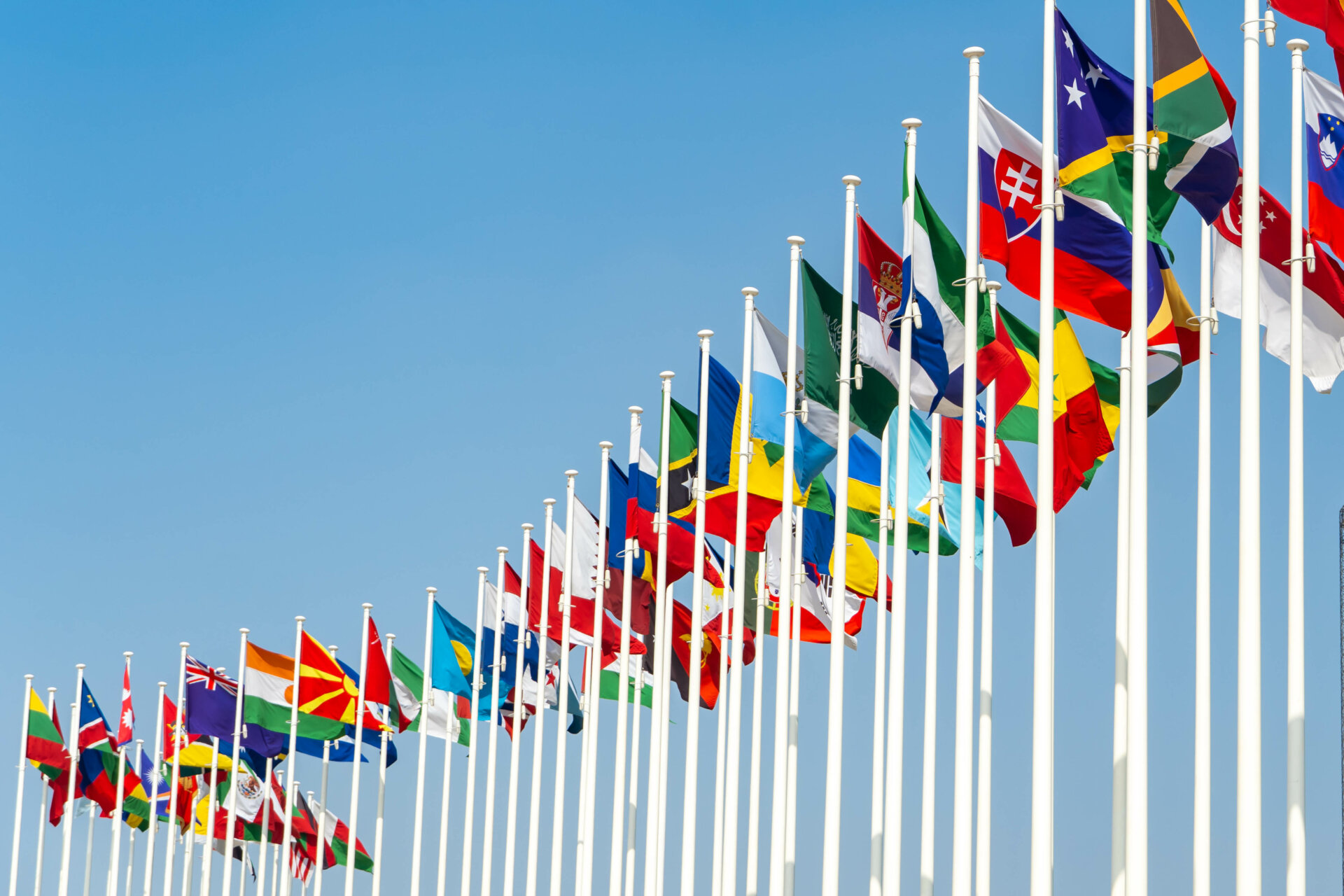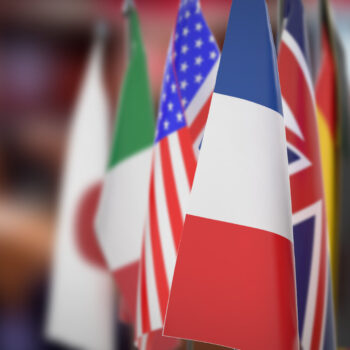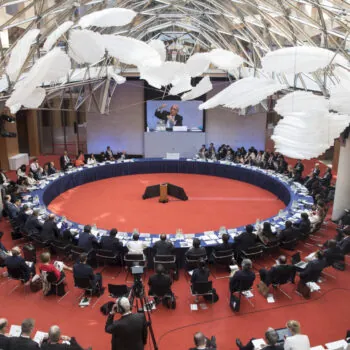The international rules-based order is fracturing. Divisions are deepening. Crises in energy, food and agriculture are proliferating. The severe floods in Pakistan demonstrate the urgent need for action to combat climate change. Undoubtedly, a new agenda of international cooperation that unites action on decarbonisation rules and finance is necessary to fight the climate emergency and rebuild trust and collaboration.
There has already been some progress. At the UN General Assembly, there were positive moves on education, global health and nature. At the annual meetings of the IMF and World Bank, there was broad consensus on the need for a better global financial system.
In particular, The Bridgetown Initiative, put forward by Prime Minister of Barbados Mia Mottley, is a galvanising call to transform the international financial architecture to relieve the financial stress currently felt by many developing countries and support the global climate transition. Additionally, there is widespread agreement on the need for Multilateral Development Bank and Development Finance Institution reform, seen at the World Bank/IMF Annual Meetings and at the Climate and Development Ministerial. It shows the appetite to make our multilateral institutions work better for climate and development goals.
What proposals like these have in common is a thread of collaboration on the climate emergency. Climate action has the potential to change our global institutions and collaboration structures to tackle the multiple crises we face. We need transformational change at a global level to address the current crises and drive decarbonisation at the pace and scale needed.
Driving change through climate alliances
Uniting emerging initiatives under a common vision could create political momentum towards transformational change. We call this The Alliances for a Safer Climate.
Why? Climate change poses a common threat and demands a common response. There is potential to negotiate common rules on sectoral decarbonisation to accelerate the climate transition. Additionally, there is the chance to renew trust and solidarity between historical emitters and those suffering the most from climate impacts. Reformed global institutions, including the UNFCCC, can facilitate and accelerate these shifts. They can also increase accountability.
How? United behind a common vision, climate can help orientate international cooperation towards the foundation of a set of alliances. These alliances will necessarily be made up of different groups of actors – country leaders and ministers, heads of global institutions, civil society and ex-leaders – with different degrees of formality rising above the national level and working across sectors and forums, to accelerate change at the international level. Furthermore, complementing these alliances, we need to see concrete actions to build political will and incentives for domestic change from the ground up.
The breakdown of trust we are witnessing on multiple fronts must be addressed. Initiatives emerging from recent events offer political opportunities, which can be fostered and given direction. But the window for decisive, political action is narrow and closing fast.
The world now pivots to COP27. The Egyptian Presidency has made clear that backsliding is not an option. Governments must cooperate to drive forward the positive developments witnessed at UNGA and the Annual Meetings. E3G’s experts will be on the ground in Sharm El Sheikh tracking and supporting alliances and initiatives driving forward cooperation for a safer climate.
Interested in joining and shaping The Alliances for a Safer Climate? Get in touch.


